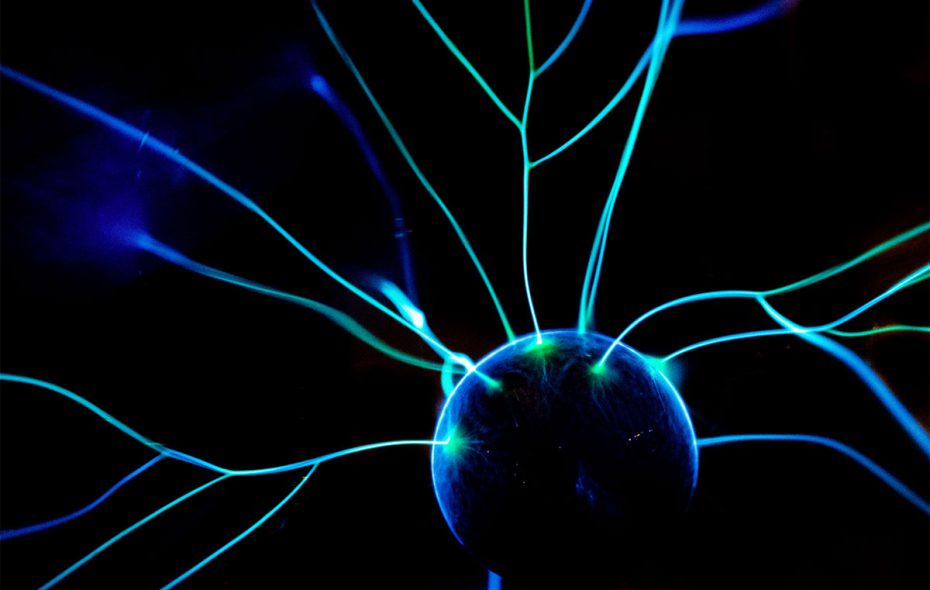
Imagine a city lit by cool to touch, wireless, low carbon lighting. Glowee, a start-up based in Paris, France, is using engineering biology to create bioluminescence-based lighting in any shape. The company was founded by 25-year-old Sandra Rey.
Glowee’s lighting uses non-pathogenic bacteria, Aliivibrio fischeri, which provides the bioluminescence in squid. The bacteria in a nutrient gel are then put into a transparent resin shell that can take any shape. According to the company, these could be used for a wide variety of applications, including in signage, to illuminate public and urban spaces, and in shop windows. Because the lighting is based on bacteria, it requires no electricity, it is low energy, low carbon and sustainable. It emits no heat, and its low levels of light could also reduce light pollution from shop windows and signs. As Rey sad to the New Scientist: “Our goal is to change the way we produce and use light. We want to offer a global solution that will reduce the 19 per cent of electricity consumption used to produce light.”
The current lights work for around three days. Research is ongoing at Glowee to improve the capacity of the bacteria to renew their own nutrients, which would increase the longevity of the illumination and reduce the need for input, creating a light that would last for a month or even longer. This could be available in 2017, with urban landscape lighting potentially available from 2018. Genetic engineering studies are under way, to include a switch that will mean the bacteria are only ‘switched on’ at night, to make the bacteria glow more brightly, and to cope with fluctuating temperatures. The company is confident that its techniques and processes are scalable.
Glowee is crowdfunded, a model that is being used increasingly often in early stage life sciences funding. The campaign, which completed in 2015, has allowed the company to sign up its first clients. These include Ben & Jerry’s ice cream. The French energy company EDRF, waste management company Plastic Omnium, and Hopscotch Group, an events and communications company. In December 2015, Glowee won the first prize, worth €100,000, in the 5th Genopole competition.
Glowee is an example of two interesting trends. The use of novel technologies to provide new sustainable products and how different funding strategies can accelerate development. UKI2S has successfully co-invested alongside crowd funding and supports innovative routes to market.
Pictures are from Glowee website.